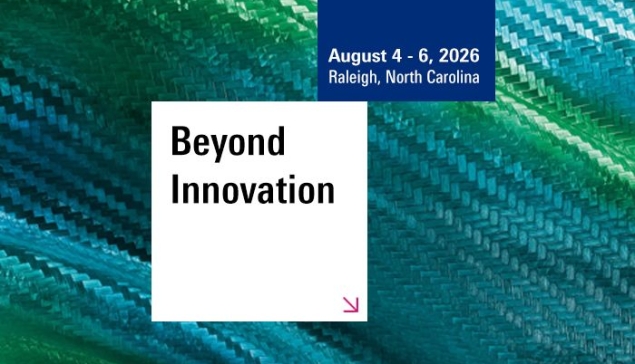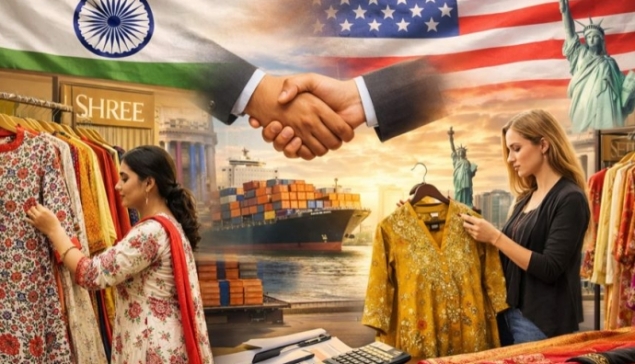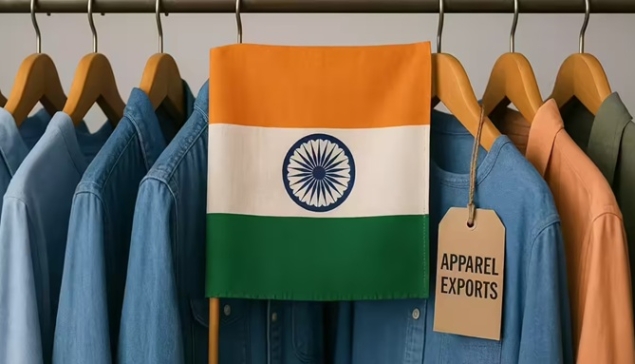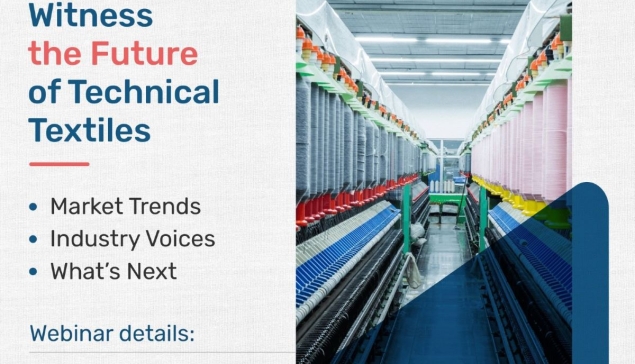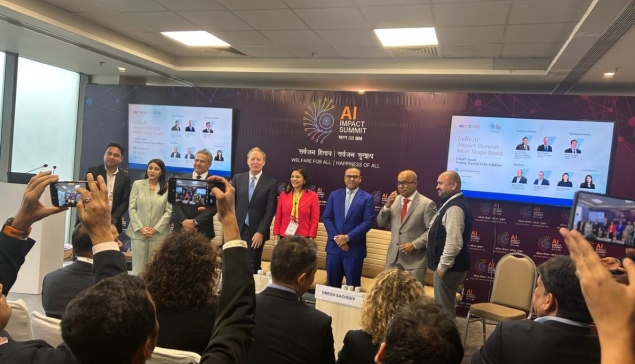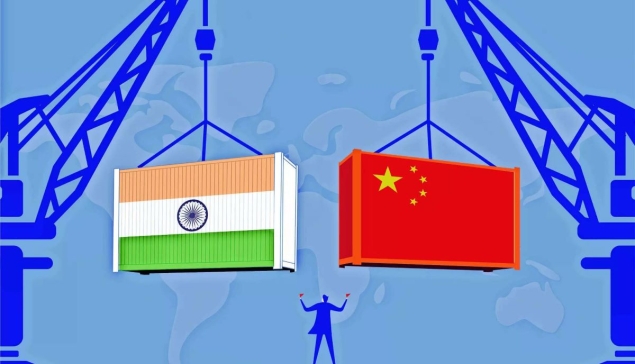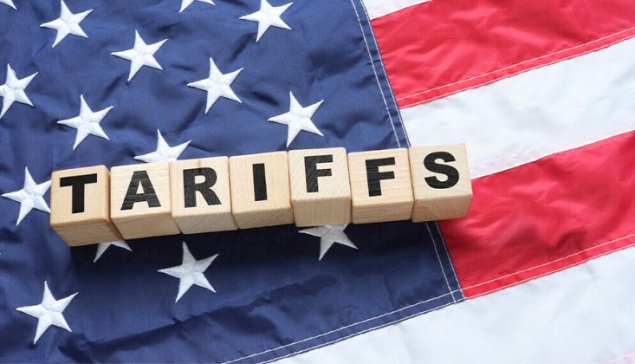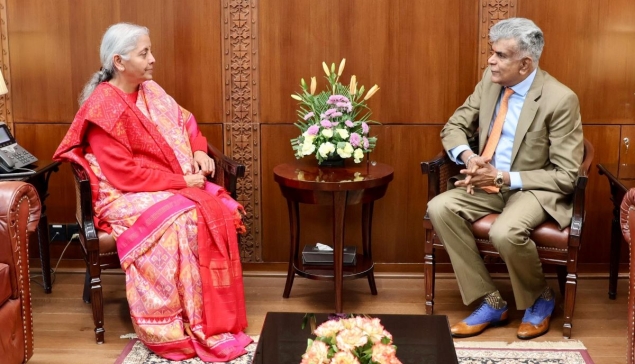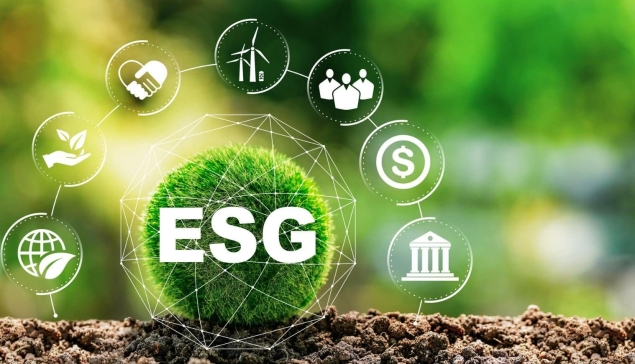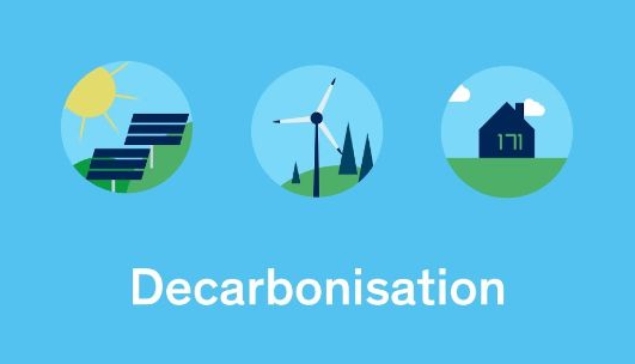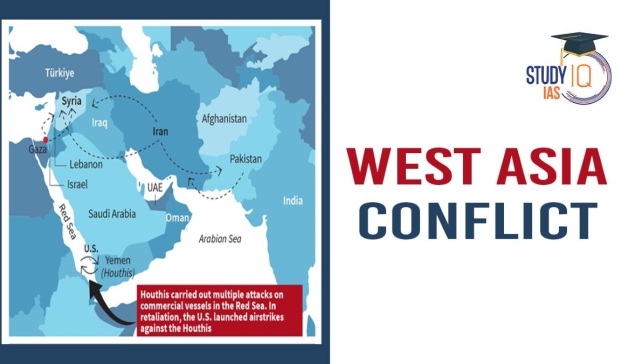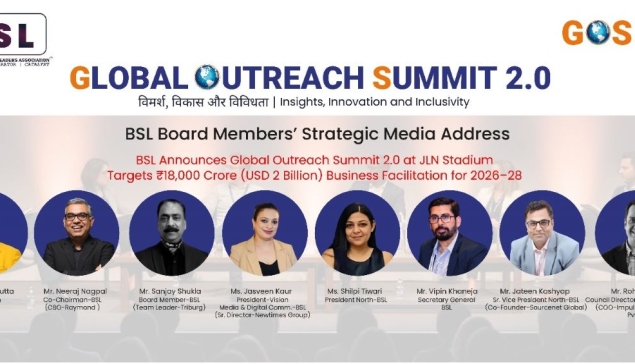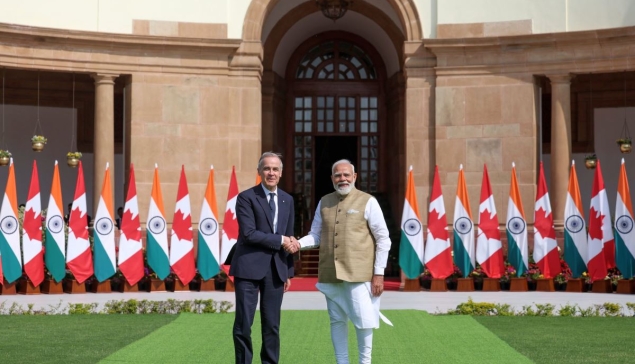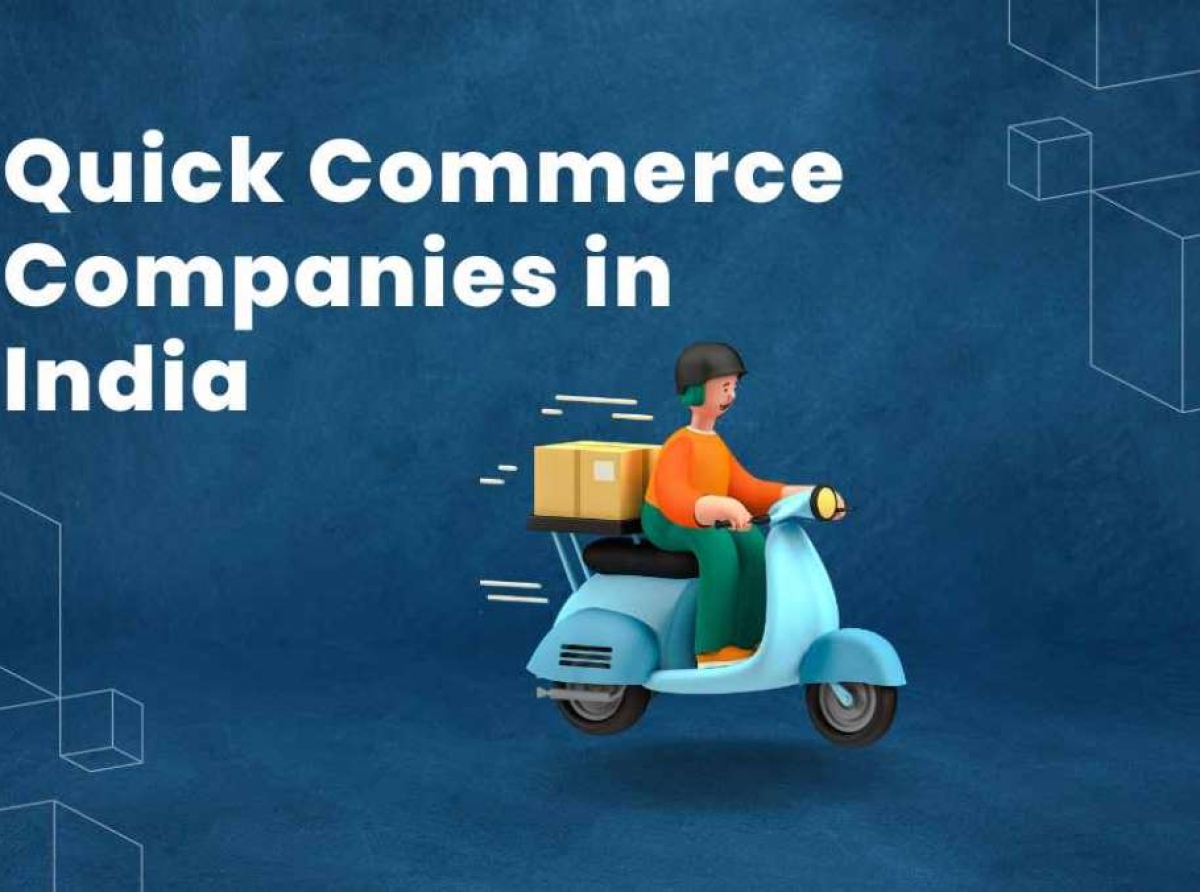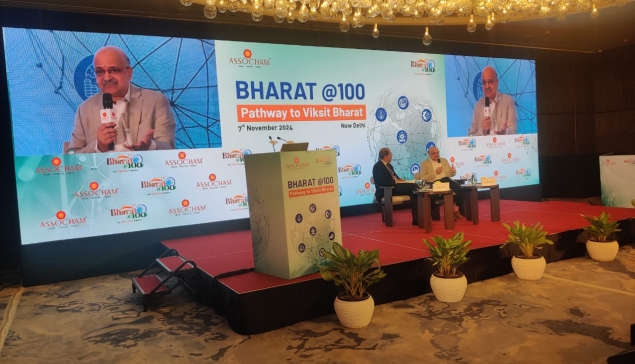Instant gratification is the name of the game
We are living in an era of syndrome it should have happened yesterday only where even a day's delays/hours delay can be a case of missed opportunity. The age-old adage "time is money" has taken on a new meaning, "FOMO" speed to market are the mantras for success.
E-tailers have democratised this phenomenon and is already a global use case. A 2023 credible study by MarketingProfs has well brought to the fore that close to 53 percent of shoppers have dropped/abandoned purchases only due to delayed delivery times.
Join our group
While back home in India, this emerging trend is prominently visible prompted by a formidable e-commerce market with strong levers around and, was valued at $14 billion in 2023 and is projected to reach $19 billion or thereabouts by 2030 and every single player in this segment is doubling down on their efforts to balloon the size of the opportunity given that the thesis is that this phenomenon is more supply driven growth per se.
Again, the RedSeer report underpins the quick commerce market in India is set to grow to $5.5 billion by 2025, with robust demand for rapid deliveries pushing sector to ratchet up efforts across various categories, including fashion and even furniture, also if possible they want all of it in 10 minutes of course stuff like mattresses are not possible in that short time but universally expectations are building so brands don't have the luxury of time anymore.
Fashion Guru
Customers are conscious of the delivery time factor and, are not loyal to any given buying channel and very focused on this idiosyncratic issue.
Decoding what's what; Although terms like ‘quick commerce’ and ‘fast delivery’ are generally used unthoughtfully/interchangeably, there exists a subtle difference e.g. Fast delivery typically would mean deliveries within 1-2 days generally, whilst the promise of quick commerce is essential delivery within hours or even minutes for that matter to be precise.
Join our community
Tech helps amplify matching the speed to the expectation for 'FATAFAT delivery. AI and Machine Learning (ML) technologies are the enablers that help predict demand, optimize logistic routes to cut down physical travel time drastically to make this magic happen, and streamline distribution/warehouse operations to achieve operational excellence adding heft to hyperlocal networking to facilitate end-of-the-day making deliveries happen incredibly within hours, sometimes even minutes for that matter.
This enormous amount of efficiency is transforming the distribution processes like never before. Here it has to underlined that the sector is still in nascent stage but the incipient signs of more and more e-tailers started to have realize the greater potential of this phenomenon which is real and has the potential to transcend beyond India's trickle to BHARAT.Even sectors like apparel where iconic brands despite not being typically in the fast fashion bracket also have embraced this exercise to cash in on deepening their reach and build distribution muscle riding on this bandwagon; A case in point is US Polo Assn. (USPA), which very recently, has onboarded Zepto a credible player, and is looking to bring more partners at a time when festivity is the flavor of the season to make the best out of the opportunity.
No opportunity comes without challenges attached to it
Ensuring speedy delivery will only happen on the back of a robust logistics network and efficient last-mile connectivity which in a country where physical infrastructure @ scale is still not the best in the class and achieving this to satisfaction is onerous and for this operational excellence to be achieved investments across functions, in hi-tech, supply chain super efficiency and deep commitment only can make this a grounded sustainable reality.

